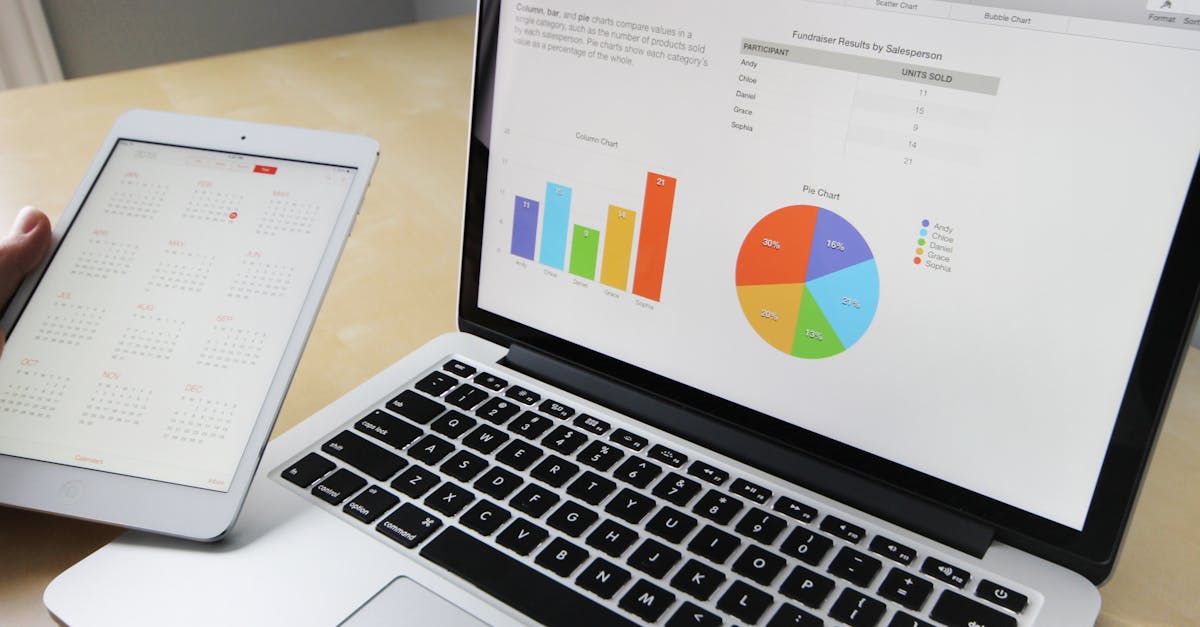Effective Strategies to Save Money in 2025
Introduction
As the landscape of personal finance continues to evolve, saving money presents both challenges and opportunities in 2025. With technological advancements and changing economic factors, it's crucial to adapt your money-saving strategies. This article explores key techniques to help you save effectively in the modern financial climate.
The Rise of Smart Finance Tools
2025 has seen an explosion in AI-driven financial platforms that go beyond basic budgeting. These next-generation tools offer:
Predictive cash flow analysis – Forecasts future expenses based on spending patterns
Automated savings optimization – Moves excess funds into high-yield accounts
Personalized investment recommendations – Tailored to your risk profile
Subscription audit features – Identifies forgotten or underused services
Top Apps to Try:
Cleo (AI budgeting assistant)
Chip (automated investing)
You Need A Budget (YNAB) (zero-based budgeting)
Pro Tip: Enable open banking features to let apps analyze all accounts for maximum insight.
Advertisement
Embrace Financial Technology
In 2025, financial technology offers a wide array of tools to enhance your saving capabilities. From AI-driven budgeting apps to personalized financial advice platforms, these technologies simplify tracking, managing, and growing your savings. Leveraging these tools can streamline your financial planning and make saving less of a chore.
Why 3-6 Months Isn't Enough Anymore
With economic uncertainty persisting, financial experts now recommend:
6-12 months of living expenses for full protection
Tiered savings approach:
1 month in instant-access accounts
2-3 months in high-yield savings (2.5-4% APY)
Remainder in short-term Treasury bills (4-5% yield)

Pixabay/Pexels
Advertisement
Prioritize Emergency Funds
Building a robust emergency fund remains essential for financial stability. Aim for three to six months' worth of living expenses saved specifically for unexpected circumstances. By ensuring that this fund is easily accessible, you can safeguard against financial setbacks without disrupting your regular savings.
Advertisement
Harness Sustainable Energy Savings
With the rise of renewable energy, consider investing in solar panels or energy-efficient appliances. Although the initial cost may be significant, the long-term savings on utility bills can be substantial. Furthermore, government incentives often support these sustainable investments, enhancing your overall savings.
Advertisement
Optimize Subscription Management
Evaluate and reassess your subscriptions, as they can quickly accumulate costs. Use management apps to track subscriptions effectively and cancel any that no longer provide value. This practice ensures you only spend on what aligns with your current needs and interests, freeing up funds for savings.
The Shocking Math of Small Recurring Charges
Average household has 12 paid subscriptions ($1,200+/year)
25% admit to paying for unused services
Action Plan:
Audit: Use apps like Rocket Money or Subby
Negotiate: Call providers threatening cancellation
Bundle: Opt for family/group plans when possible
Rotate: Subscribe only when needed (e.g., switch streaming monthly)
2025 Trend: "Subscription sharing" communities are emerging to split costs legally.
Advertisement
Restructure Your Debt
Debt restructuring involves consolidating or transferring your loans to get lower interest rates. By efficiently managing your debt, you can reduce monthly payments and save money on interest in the long run. Always research and compare options before committing to refinancing.
2025 Refinancing Opportunities
Mortgage rates dipping below 6% again
Balance transfer cards offering 0% APR for 21 months
Peer-to-peer lending platforms beating traditional loan rates
Strategic Move:
Refinance only if:
You can secure ≥1.5% lower rate
The breakeven point is <24 months
No prepayment penalties exist
Warning: Avoid rolling unsecured debt into home equity in volatile markets.
Advertisement
Invest in Experiences, Not Things
In an era prioritizing minimalism, focus your spending on experiences that enrich your life instead of material possessions. Whether it's a travel adventure or a learning opportunity, these investments provide lasting satisfaction and memories. This shift in mindset can also prevent impulsive purchases, allowing more room in your savings plan.
Why Memories Outlast Possessions
78% of millennials prefer spending on experiences vs. things
Post-pandemic travel remains a top priority
Skill-building (courses, workshops) offers lasting ROI
How to Save While Experiencing More:
Travel hacking: Credit card points + fare alerts
Off-peak adventures: 30-50% savings on experiences
Skill swaps: Barter expertise instead of paying
Psychological Benefit: Experience spending creates "anticipation happiness" before and "reminiscence happiness" after.
Advertisement
Leverage Gig Economy Opportunities
Extra income streams through the gig economy can greatly enhance your saving potential. Platforms offering freelance work or short-term projects play a vital role in increasing your earnings. Dedicate a portion of your gig work income directly into savings to meet your financial goals faster.
Pro Strategy:
Dedicate 20% of gig income to immediate savings
Invest 30% in skill-building for higher-paying gigs
Track deductible expenses meticulously
Emerging Trend: "Surge gigging" – capitalizing on temporary high-demand periods.
Advertisement
Start a Tax-Advantaged Savings Plan
Tax-advantaged savings plans, such as retirement or health savings accounts (HSAs), offer significant benefits in 2025. Contributions to these accounts reduce taxable income, while investments grow tax-free until withdrawal. Plan strategically to maximize contributions and secure financial benefits.
Implement the "Stealth IRA" strategy – max out HSA but don't reimburse medical expenses immediately, letting funds grow tax-free for decades.
Advertisement
Conclusion
In summary, saving money effectively in 2025 requires adaptability and strategic decision-making. By leveraging technology, managing your expenses wisely, and optimizing savings strategies, you can achieve financial well-being. Start implementing these techniques today to ensure long-term economic stability and success.
The art of saving money has transformed from simple frugality to strategic money optimization. By implementing these 2025-tested strategies—from AI-powered finance management to experience-focused spending—you're not just preserving cash, but actively enhancing your financial ecosystem.
Your Action Plan:
Digitize your savings with smart tools
Audit subscriptions and energy usage
Restructure high-cost debts
Allocate gig income strategically
Maximize tax-advantaged accounts
Remember: In 2025's economy, the best savers aren't those who spend least—but those who make every dollar work hardest. Start applying these methods today to build the financially secure tomorrow you deserve.
Final Thought: Set a 90-day savings challenge using these tactics, then measure your progress—you might just surprise yourself with what's possible in our new financial reality.
Advertisement


